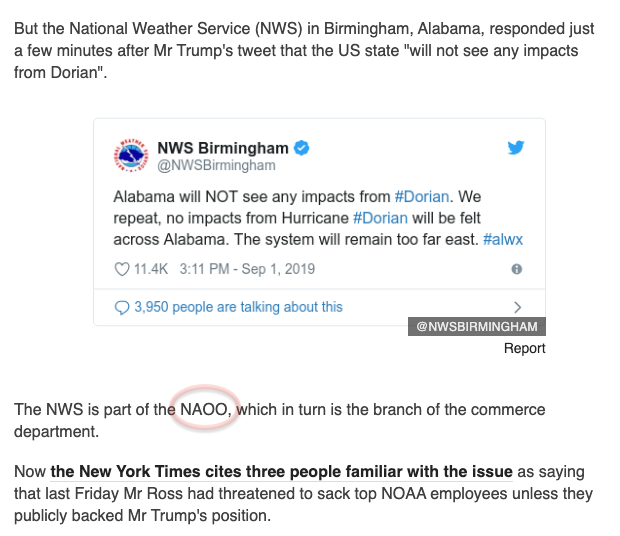Towards tracking neurocognitive health
A few months ago, I posted about a talk I gave at an Alzheimer's Association workshop on "Digital Biomarkers".
Overall I told a hopeful story, about the prospects for a future in which a few minutes of interaction each month, with an app on a smartphone or tablet, will give effective longitudinal tracking of neurocognitive health. […]
Speech-based tasks have been part of standard neuropsychological test batteries for many decades, because speaking engages many psychological and neurological systems, offering many (sometimes subtle) clues about what might be going wrong.
But I emphasized the fact that we're not there yet, and that some serious research and development problems stand in the way. […]
Some colleagues and I are starting a large-scale project to get speech data of this general kind: picture descriptions, "fluency" tests (e.g. "how many words starting with F can you think of in 60 seconds?"), and so on. The idea is to support research on analysis of such recordings, automated and otherwise, and to allow psychometric norming of both traditional and innovative measures, for both one-time and longitudinal administration, across a diverse population of subjects. We've got IRB approval to publish the recordings, the transcripts, and basic speaker metadata (age, gender, language background, years of education).
We've been testing the (browser-based) app across a variety of devices and users. When it's ready for prime time, this is one of many channels that we'll use to recruit participants — we're hoping for a few tens of thousands of volunteers.
We're finally ready to open this app to wider use, and you can contribute a few socially-distant minutes of your time by going to https://speechbiomarkers.org. And please tell your friends!
Read the rest of this entry »
